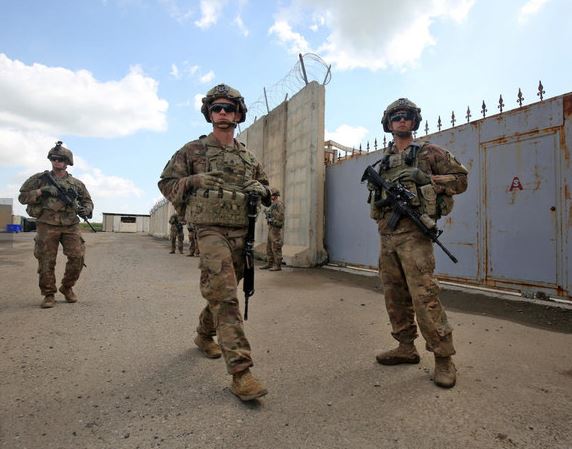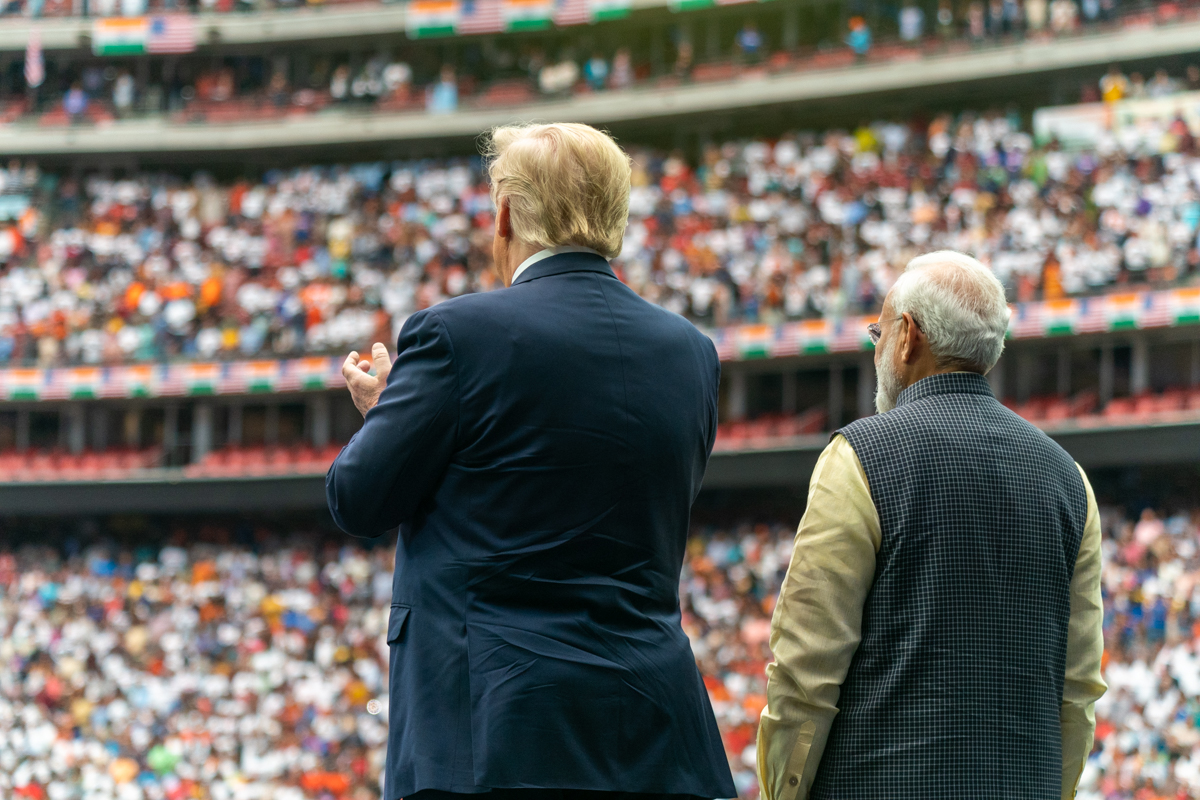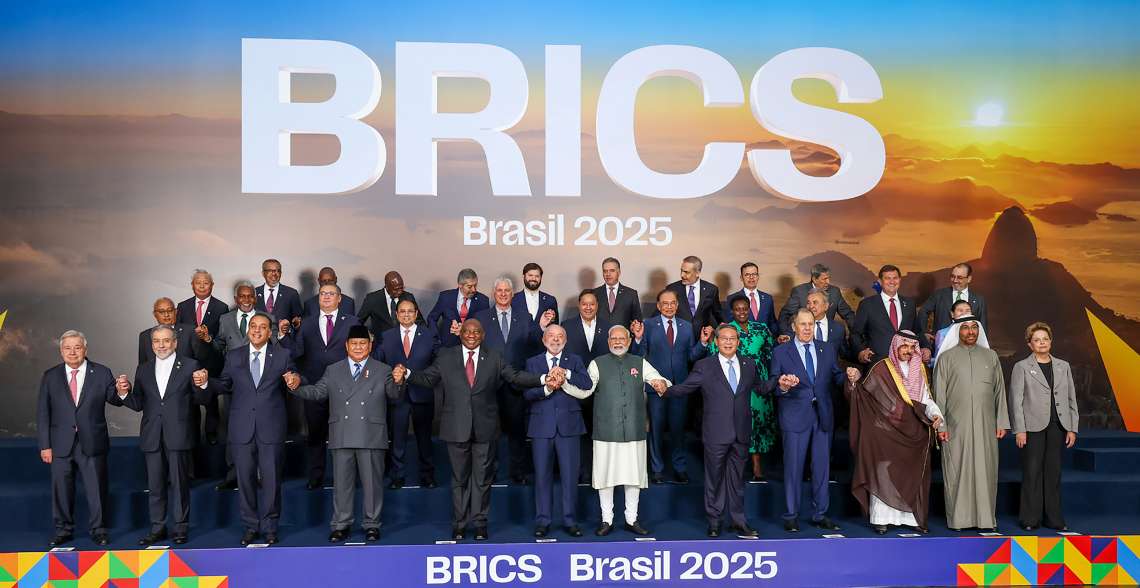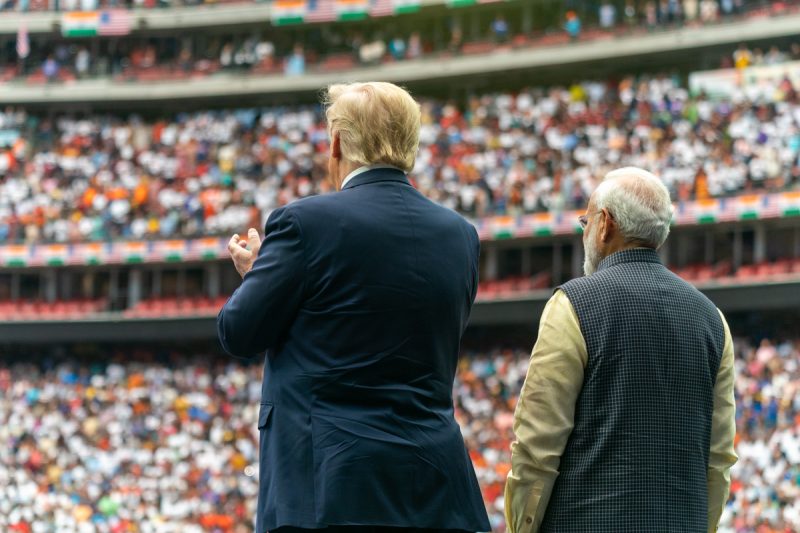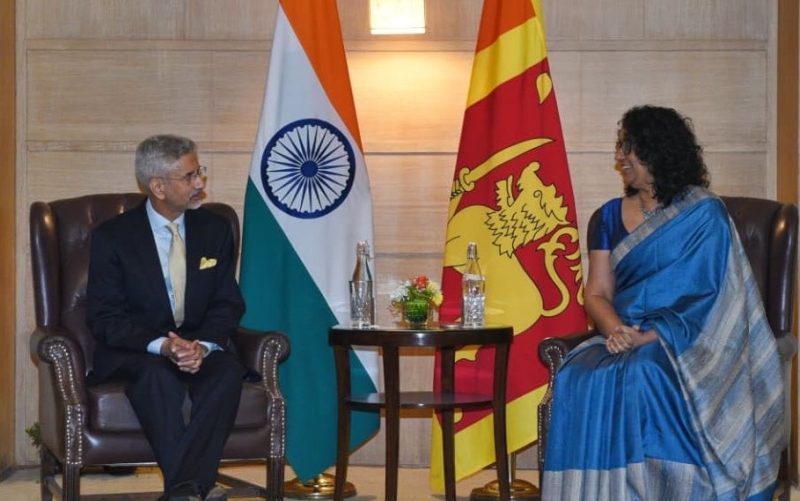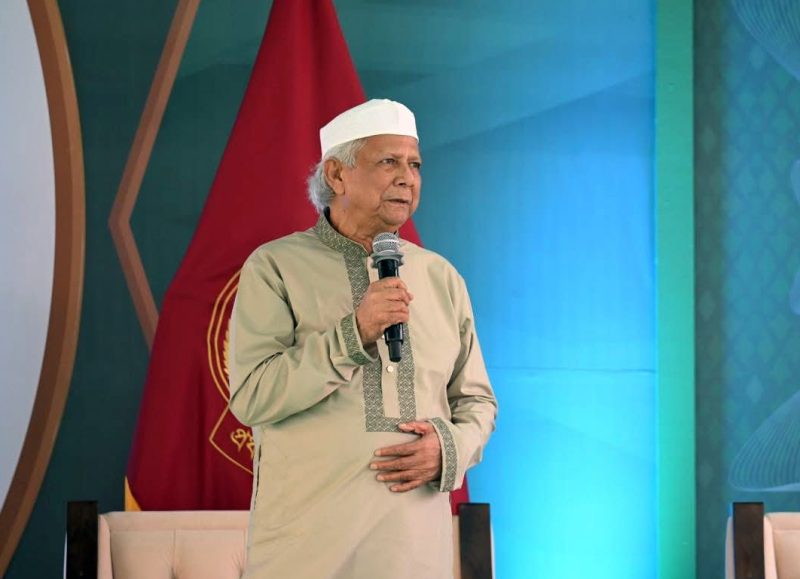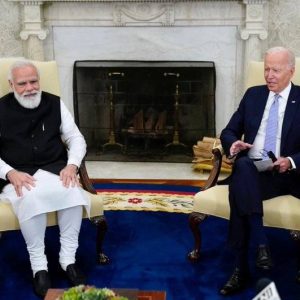The manner in which the PLA-GHQ Rawalpindi alliance sabotaged the US-led war against terror in Afghanistan has never been documented, at least in public, writes Prof. Madhav Das Nalapat
On 12 December 2000, the US Supreme Court (SCOTUS) handed the Presidency to George W. Bush, ignoring the numerous flaws in the vote counting process in Florida, a state where the Republican nominee’s brother Jeb was the Governor.
The 43rd President of the United States (POTUS) created history by emerging as the only US President elected not by the people but selected by the Supreme Court of the United States. Vice-President Dick Cheney by his side, George W. Bush initiated a necessary war against the Taliban in Afghanistan, winning it together with the Northern Alliance.
After that triumph, error after error was made by US policymakers in that unfortunate country, which culminated in the US surrender to the Taliban in 2021. This was through President Biden operationalizing the surrender document approved by President Trump in 2020. What has thus far gone unmentioned by multiple accounts of the 2001-21 Afghanistan war is the role played by elements who were citizens of the PRC, as well aspects of the role played by GHQ Rawalpindi.

It is a matter of worry for countries that have de facto or de jure security alliances with the US that its numerous intelligence agencies seem to have several blind spots about the CCP. In Afghanistan, among the “active methods” used against US forces in particular was for nationals of the PRC, to not just infiltrate women and young men into brothels and bars, but also to financially control several such establishments.
Many of the ladies and youths who gave Coalition troops hours of happy escape from the war reported their interactions with such soldiers to conveyors of intelligence to agencies in the PRC. As a consequence of drunken stupors and drug-induced loquacity, several bits of actionable intelligence were gleaned by the faraway controllers of the bars, brothels and bedrooms frequented even by senior officers and officials from the US and from other coalition partners.
Useful intel was transmitted to the Taliban, usually through contacts linked to the Pakistan military, to ensure that the extremist militia kept a step ahead of the Coalition. A consequence of such actions was that by 2006, drug addiction had become ubiquitous among US servicemen in particular, leading several to mow down innocent civilians in the belief that they were “hostiles”.
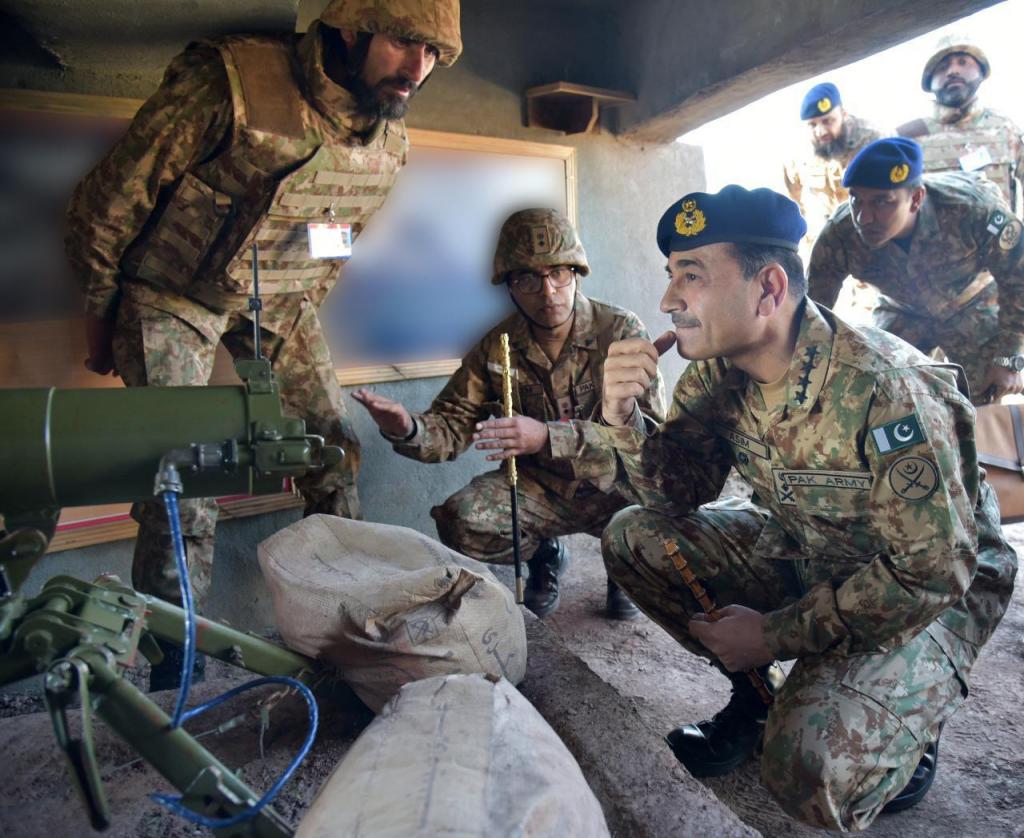
More generally, elements who in actuality opposed the Taliban were labelled as Taliban sympathisers by GHQ Rawalpindi with the consequence that the Taliban secured the advantage of having their most capable Afghan opponents in the field of battle eliminated by Coalition forces acting on the basis of tainted intel supplied to them. An army that had sworn to support the war against the Taliban in actuality went about doing the opposite.
As for the PRC nationals who were in the “Happy Hours” trade in Afghanistan, information about combat operations and deployments gleaned by sex workers in such establishments was passed on via Pakistan army contacts to Taliban elements, so much so that by 2009, the tide of battle had changed in favour of the Taliban in more than two-thirds of Afghanistan. This was despite the fact that the majority of the Afghan population, not just Tajiks and Hazara but many Pashtuns as well, were opposed to a return of the Taliban.
The manner in which the PLA-GHQ Rawalpindi alliance sabotaged the US-led war against terror in Afghanistan has never been documented, at least in public. Such a conclusion would have gone against the triumphalist narrative that characterised the George W. Bush years. Routing the Taliban during 2001-3 was laudable, but what happened afterwards was criminal.
Such a folly was capped by the manner and scope of President Biden’s withdrawal from Afghanistan, an act that is certain to make the country once again a breeding ground for extremism and terror. Few countries would now trust the US as a security partner after such a withdrawal, at least as long as Joe Biden is President.
Despite some erroneous past decisions, the US Supreme Court redeemed itself on March 4 by unanimously striking down efforts by the Department of Justice to influence the forthcoming Presidential poll. This is being sought to be accomplished by ensnaring Donald Trump in a medley of cases, and seeking to send him to prison well before November 5, the date of the election.
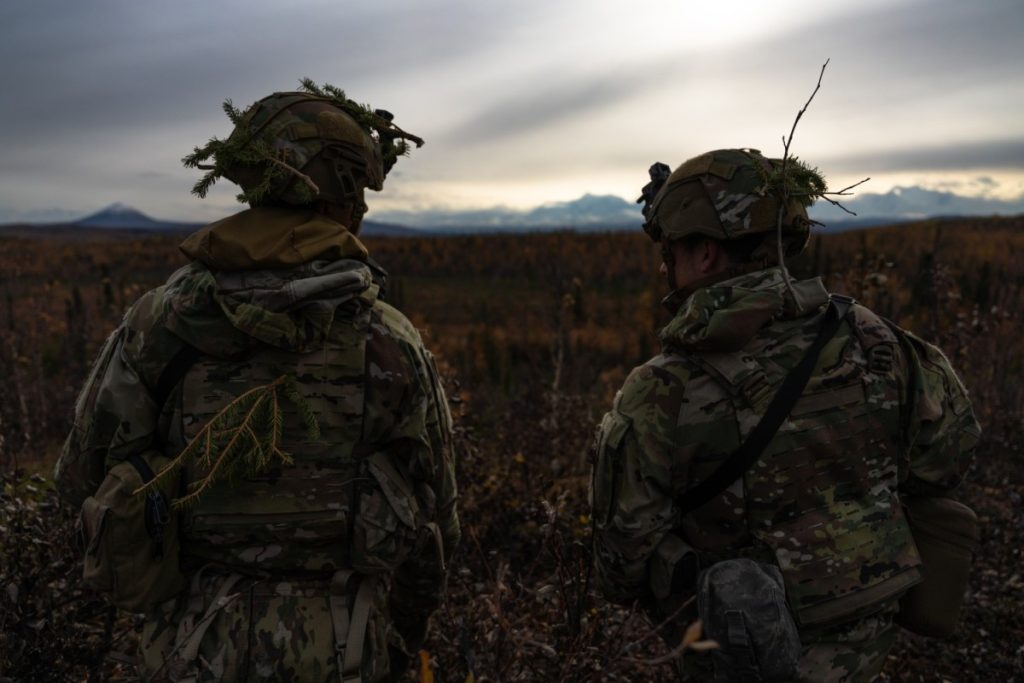
Were the Department of Justice to succeed in sending Trump to prison months or even weeks before the US Presidential polls, the 46th POTUS would be elected the 47th POTUS in a landslide. US voters respect fair play, and the present administration’s Operation Imprison Trump resembles events that have just played out in Pakistan, where Imran Khan, the actual winner of the popular vote, is in jail and an individual known for his deference to GHQ Rawalpindi has been anointed as the Prime Minister.
These columns have more than once pointed to Biden’s feverish prosecution of the Ukraine war as the single biggest factor behind his unpopularity, given the worldwide economic hardship the US-UK-EU war effort against Russia and its sanctions have had.
The Ukraine war that intensified in 2022 may mark the end of the Atlantic Alliance as the primary force in global geopolitics, and the emergence of India, Brazil and Indonesia as the troika to watch. Those Democratic Party functionaries in charge of some states in the US such as Colorado sought to block Trump from the Presidential ballot on the fictitious charge of having led an insurrection on January 6, 2021.
The US Supreme Court has ruled that it ought to be the US Congress rather than individual states that ought to have the final say on eligibility, and given that the Presidency is a national and not a state position, such a ruling makes complete sense. In these columns, almost at the start of his term in the White House, it had been suggested that Joe Biden declare that he would only serve a single term. Had he done so, the historical record for the Biden years would be very different from what it is shaping up to be.
ALSO READ: Hate preachers from Pak, Afghanistan can’t enter UK


